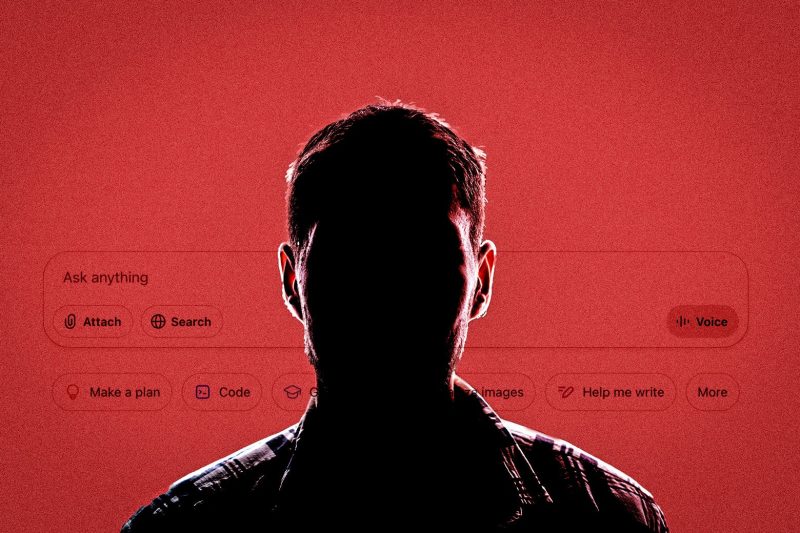
The narrative surrounding men and their struggles in modern society is often complex and multifaceted. We hear frequently about the ‘crisis of masculinity,’ focusing on issues like declining mental health and economic instability. But what if the challenges we face today are only a prelude to a far more significant upheaval? The rapid advancement of artificial intelligence presents a potent threat to the traditional roles and expectations associated with masculinity, potentially exacerbating existing problems and creating entirely new ones.
The automation of jobs, a key consequence of AI development, disproportionately impacts traditionally male-dominated sectors like manufacturing and transportation. This displacement leads to unemployment, economic hardship, and a loss of purpose – all contributing to a deepening sense of crisis. Furthermore, the skills valued in the AI-driven economy – adaptability, creativity, and complex problem-solving – may not align with the skills historically emphasized in traditional masculine roles.
Beyond the economic impact, AI challenges the very definition of masculinity. For generations, strength, physical prowess, and provider status have been central to the male identity. As AI takes over physically demanding tasks and even creative endeavors, where does this leave men who define themselves through these attributes? This shift necessitates a re-evaluation of what it means to be a man in a world increasingly shaped by technology.
The solution isn’t simply to resist technological progress. Instead, we need proactive adaptation. Investing in education and training programs that equip men with the skills needed for the AI-driven economy is crucial. Furthermore, fostering a broader understanding of masculinity – one that values emotional intelligence, collaboration, and adaptability alongside traditional strengths – is essential. We need to create a space for men to explore their identities and navigate this evolving landscape without feeling threatened or obsolete.
The future will undoubtedly be different. The challenges posed by AI are significant, but they also present an opportunity for men to redefine their roles and embrace a more holistic and fulfilling sense of self. Ignoring this impending transformation would be a grave mistake. Instead, we must engage with it head-on, fostering resilience, adaptability, and a redefined understanding of masculinity fit for the age of artificial intelligence.










